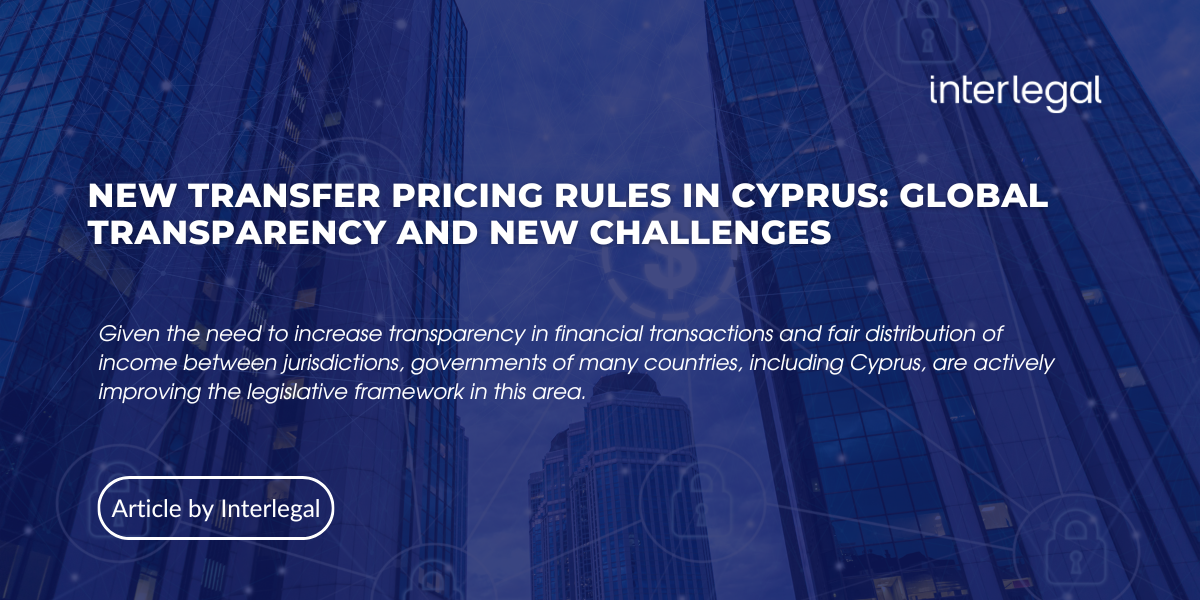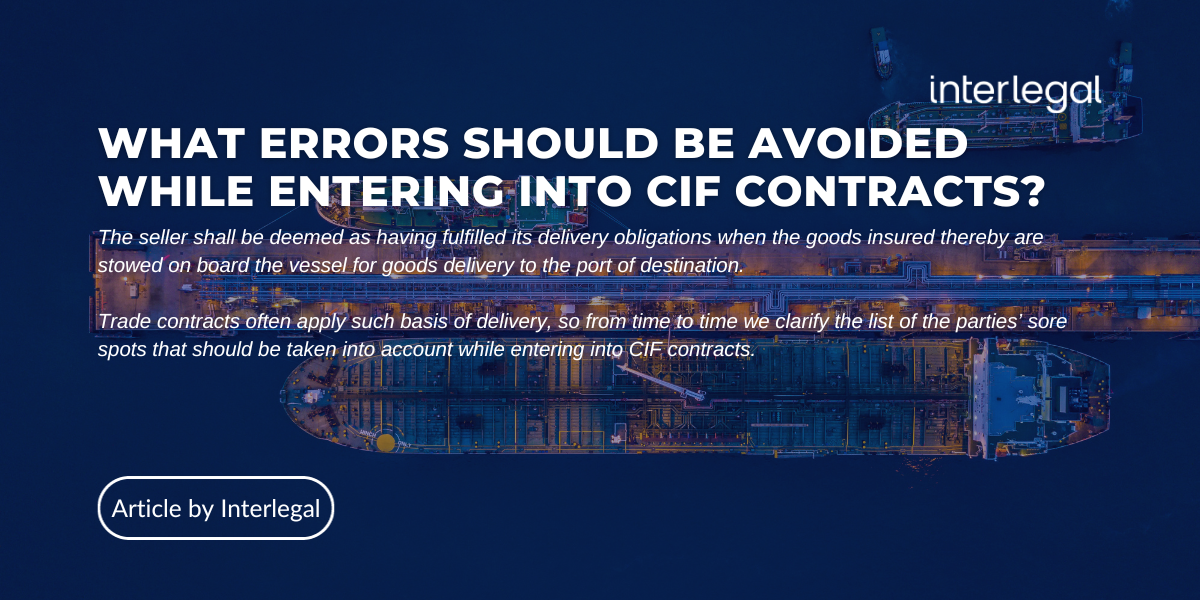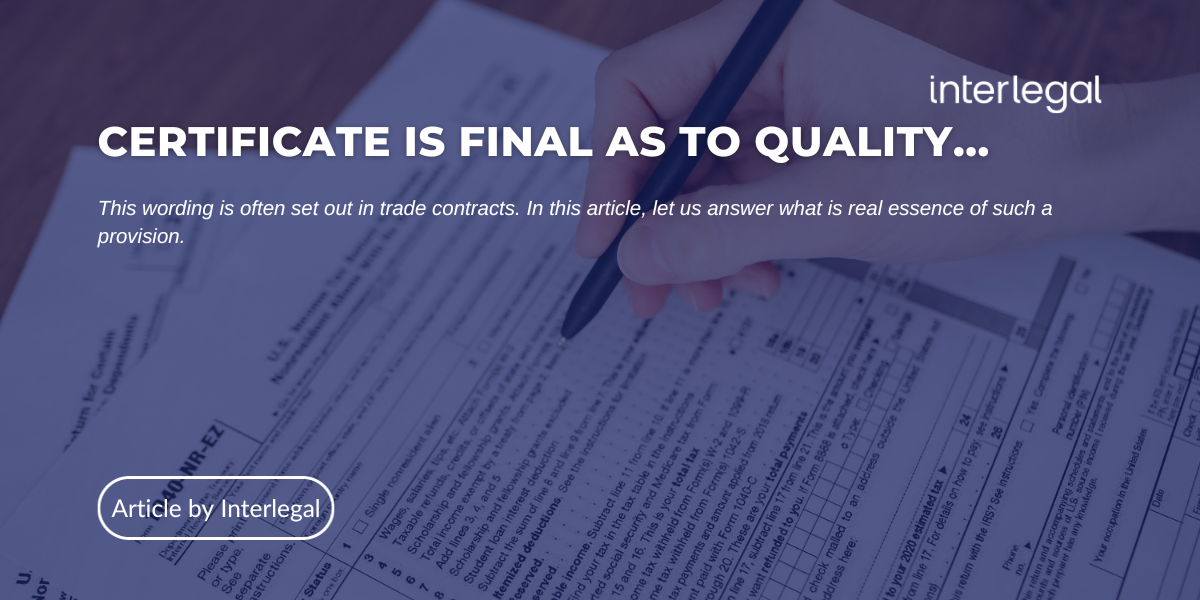Recognition and Enforcement of Foreign Court Judgments & Arbitration Awards in Ukraine
8 November, 2012
18
Procedure
First it should be noted that foreign court judgments and arbitration awards are recognized and enforced in Ukraine if they are subject to an international treaty between Ukraine and the relevant foreign state. Ukraine has entered into a number of agreements on legal assistance in civil matters, mainly with ex-USSR and post-Soviet states (e.g. Hungary, Poland and Mongolia). It also participates in the Commonwealth of Independent States 1993 Minsk Convention on Legal Assistance and Legal Relationships in Civil, Family and Criminal Matters and the 2002 Kishinev Convention on Legal Assistance and Legal Relationships in Civil, Family and Criminal Matters.
Ukraine is not a party to the Brussels Convention 1969 or the Lugano Convention 1988.
Ukraine is a party to the Hague Convention on Civil Procedure of 1954, which however applies only to the recognition and enforcement of foreign orders for costs and expenses of proceedings.
In the scope of the enforcement of foreign arbitral awards it should be mentioned that Ukraine has acceded to the United Nations Convention on the Recognition and Enforcement of Foreign Arbitral Awards(hereinafter referred to as New York Convention). According to provisions of the abovementioned convention the term “arbitral awards” shall include not only awards made by arbitrators appointed for each case but also those made by permanent arbitral bodies to which the parties have submitted.
Each state acceded to New York Convention (hereinafter referred to as the Contracting State) shall recognize an agreement in writing under which the parties undertake to submit to arbitration all or any differences which have arisen or which may arise between them in respect of a defined legal relationship, whether contractual or not, concerning a subject matter capable of settlement by arbitration. The term “agreement in writing” shall include an arbitral clause in a contract or an arbitration agreement, signed by the parties or contained in an exchange of letters or telegrams.
Each Contracting State shall recognize arbitral awards as binding and enforce them in accordance with therules of procedure of the territory where the award is relied upon, under the conditions laid down in New York Convention.
The New York Convention contains such provision that the application for permission to enforcement of foreign arbitral award is filed by the party applying for recognition and enforcement. However there is no provision defining who can be such party. Nevertheless, on the basis of the “agreement in writing” clause stipulated in the New York Convention it can be assumed that each party of the agreement in writing may be deemed as the applying for recognition and enforcement.
As it is specified in the Article 390 of the Code of Civil Procedure of Ukraine (hereinafter referred to as the Code) foreign judgments (decisions of foreign courts, other competent authorities entitled to try civil or commercial cases; foreign or international arbitrations) are recognized and enforced in Ukraine if it is provided by aninternational treaty, obligation of which is authorized by the Verkhovna Rada (the Parliament) of Ukraine, or on the reciprocity principle. The existence of reciprocity is presumed.
As it is provided by the Article 391 of the Code generally requests for enforcement should be submitted within three years from adoption of the judgment. The request must be lodged with a local civil court with territorial jurisdiction over the debtor’s place of residence or the location of the debtor’s property if the debtor does not reside in Ukraine.
The debtor is allowed to participate in the proceedings. A local court’s decision to recognize or to refuse recognition of the judgment is subject to appeal and cassation appeal.
At the same time, under the general rule of Articles 72-73 of the Code, a judge may renew the term prescribed by the law at the request of a creditor (applicant) if the term is missed for good reasons.
In compliance with the Article 194 of the Code the application for permission to enforcement of foreign court decision shall be in writing and must contain:
- name of the soliciting party, an indication of his place of residence (stay) recipient or place of location;
- name of the debtor, an indication of his place of residence (stay), his location or the location of his property in Ukraine;
- reasons for application.
However the Ukrainian legislation contains wider list of necessary documents to be attached to the application.Considering court practice in Ukraine this provision should be taken into account when applying for recognition and enforcement of the foreign judgment to secure the applying party from shelving the application. Thus the following documents should be attached to the application:
- copy of the decision of a foreign court certified in the prescribed manner, the enforcement of which is applied for;
- an official document certifying the foreign court decision has come into force (if not specified in the decision);
- document certifying that the party against whom the decision was made by a foreign court and who did not participate in the trial, was properly notified of the time and place of hearing (it should be noted here that Ukrainian courts are rather conservative as to the accepting electronic notifications as a true evidence;thus post notification is preferable);
- document defining in which part or how long the decision of a foreign court is in force (if it has already done previously);
- a document certifying the authority of the representative (if the application is filed by the representative);
- duly certified translation of the abovementioned documents into Ukrainian language.
The court having determined that the application and documents attached to it are not executed in accordance with the requirements prescribed under this provisions or the application is added with not all of the documents leaves it without consideration and returns the application together with supported documents to the party applied.
Article 396 of the Code, as well as the most of the mutual assistance treaties, prescribe that the enforcing court should deny the recognition and enforcement of a foreign judgment if Ukrainian courts or other Ukrainian authorities possess an exclusive jurisdiction over the relevant dispute.
Thus Article 77 of the Law on Private International Law of Ukraine provides for the cases in which theUkrainian courts’ jurisdiction is exclusive and to which a case belongs where:
- real estate under dispute is located on the territory of Ukraine;
- both parties to the case regarding legal relations between parents and children reside in Ukraine;
- in the case of inheritance, the testator is a citizen of Ukraine and resides there;
- the dispute is connected with the registration of intellectual property rights that requires registration or issue of a certificate (patent) in Ukraine;
- the dispute is connected with the registration of liquidation on the territory of Ukraine of foreign legal entities or individual entrepreneurs;
- the dispute relates to the authenticity of records in the state register (cadaster) of Ukraine;
- in cases of bankruptcy, where the debtor was established in Ukraine according to the legislation of Ukraine;
- the case relates to the issue of securities registered in Ukraine;
- the case relates to an adoption that was performed or is being performed on the territory of Ukraine; and
- in other cases determined by the laws of Ukraine.
Security for a claim and execution
In concordance with provisions of the Article 395 of the Code when applying for recognition and enforcement of foreign judgment the court upon the written request of the persons involved in the case may take measures to secure a claim.
The statement of claim shall include:
- the causes in connection of which the claim shall be secured;
- the type of claim secure which shall be applied with justification of its necessity;
- other information required to secure a claim.
The claim shall be secured with:
- attachment of property or funds belonging to the defendant and being in his or other person’s possession;
- prohibition to perform some specific action;
- establishing the obligation to carry out certain actions;
- prohibition for others to make payments or transfer the property to the defendant or perform other related to him obligations;
- cessation of the inventory sale, if a claim on ownership of the property or on excluding it from the description is filed;
- cessation of the recovery on the basis of executive document claimed by the defendant in court;
- the transferring of the thing that is in dispute to the deposit of others.
This list is not exhaustive and, if necessary, the court may apply other types of claim. Moreover, the court may use several types of claim that should be corresponding to the alleged plaintiff demands.
Attachment of property or funds belonging to the defendant and being in his or other person’s possession is the most popular type of security in Ukraine. As it is provided by the Law of Ukraine On Execution Procedure the procedure of property attachment includes its inventory, announcing the prohibition of its disposal, and if necessary – restriction of the right of its use. The type, breadth and the period of restriction is prescribed ad hoc by a state executor considering features of property, its value for the possessor or keeper, necessity of usage and other. Besides seizure is attached on defendant’s funds and other values being on the accounts and deposits or in custody of banks or other financial institutions.
Thus, Ukrainian law clearly provides for a possibility of recognition of foreign judgments and arbitration awards either on the basis of International or bilateral treaties, as well as on a reciprocal basis. However, it should be noted that in practice this remains rather difficult due to the fact that the above mentioned provisions are quite fresh and the relevant court practice is still under formation.

























































